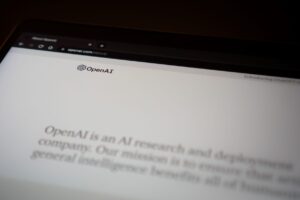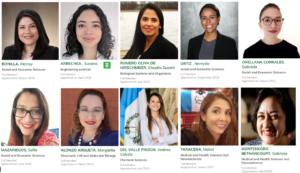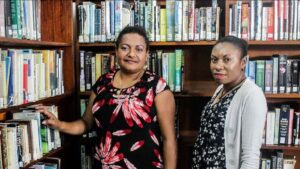Firm foundations: access to high-quality materials-science information underpins Ethiopia’s construction work
This week, INASP’s Anne Powell spoke at the UKSG Forum in London. In her presentation, she reflected on the role that INASP plays in supporting the research priorities of countries like Ethiopia.
At the UKSG Forum on Wednesday 18th November I was lucky enough to present one of the lightning talks in the afternoon session on “Supporting authors from an HEI perspective”. Having heard experiences from the Universities of Nottingham and Huddersfield in the UK, I was able to share  some perspectives about developing-country research.
some perspectives about developing-country research.
The example that I shared was from my visit to Ethiopia earlier this year when I saw the amount of construction taking place, notably of seven-storey office or apartment buildings. These, my Ethiopian hosts told me, are owned by Ethiopians and destined for occupancy by Ethiopians, truly feeding into the local economy and development.
The new buildings are situated on roads that double up as drainage systems and this poses particular challenges for the materials used in construction. There is a clear need for materials-science research in Ethiopia and this research area is a priority in the country’s plans.
Such research, in turn, requires good research information access and communication and this is where INASP comes in.
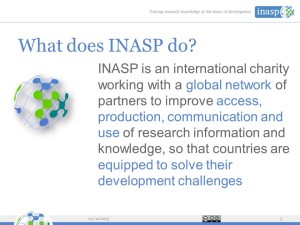
Ethiopia is one of 22 countries where we work with local library consortia to identify and subscribe to appropriate research literature, in line with national and institutional research priorities. This work with consortia is complemented by work with publishers to apply a set of principles for responsible business practices.
The audience at the UKSG Forum was also interested in our AuthorAID project, which supports researchers through mentoring, networking and training in research-writing skills; there was a Twitter buzz about the MOOC that we are currently running on research writing. Librarians make good AuthorAID mentors as they can offer support in writing clearly and concisely and editing.
Once the research has been written up, it needs to be made visible and accessible to those who could use it, through publication in local journals, which have been given an online presence through our Journals Online programmes, or in international journals.
Back to materials science in Ethiopia, the published research needs to be available to policymakers and practitioners, in the construction industry certainly, but also to influence employment law (the scaffolding is decidedly precarious!) as well as health and hygiene.

UKSG’s Chair, Kate Price, opened the forum by saying it was a networking event and that UKSG was trying to make the meeting as inclusive as possible. Clearly, everyone was there to network as there was a constant buzz, with conversations starting easily with strangers and well as with long-standing friends.
I had a number of really interesting conversations, with both publishers and librarians keen to know more about the supply of research information into developing countries, their consortia and the training available to strengthen them and the publication of research from developing countries. It’s great to see some follow-up emails already hitting my inbox! If you want to pick up on any conversations, do get in touch with me at apowell@inasp.info.
INASP will also be presenting in the UKSG webinar “Access to, production and use of research information in low and middle income countries” on Tuesday 1st December. Click here for more information.


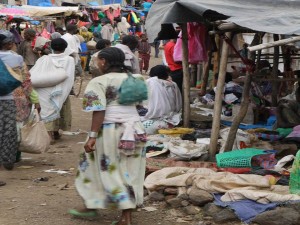
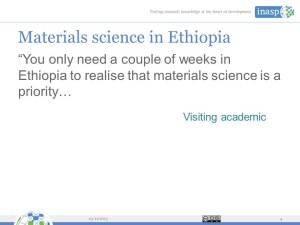
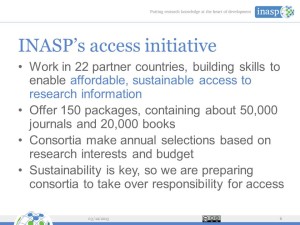
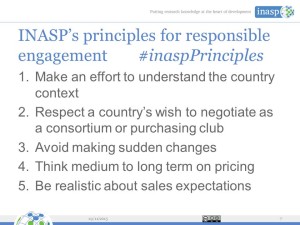
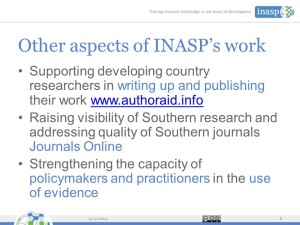
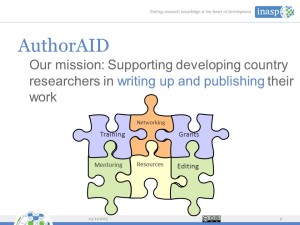
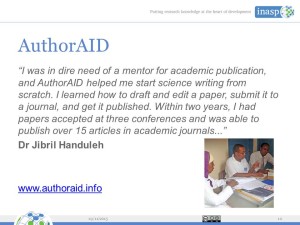
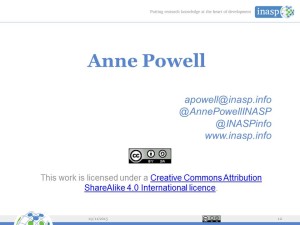
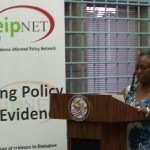 Previous Post
Previous Post